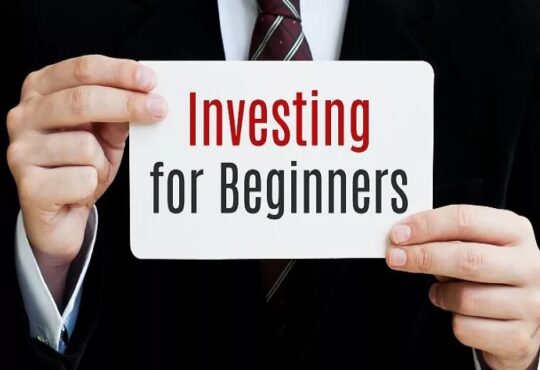
There are many things you should consider before retiring, and investments are one of them. There are many benefits to investing, which could include lower taxes and higher earnings on your money. , When deciding on how you want to invest your money, you’ll need to thoroughly research your options. The last thing you want to do is gamble away your retirement savings, so here are five things to consider before you invest.
1. Create a retirement emergency fund
An emergency fund is essential in retirement. It should be your first priority before you start investing. An emergency fund is exactly what it sounds like: Savings earmarked for unexpected expenses. An emergency fund can help ease any stress of a sudden, costly emergency.
Inflation is inevitable, so it is recommended to have up to three to six months of living expenses saved for emergencies. You can begin by putting $100 into your savings account each month, and you will have $3,600 saved in three years. Continue to add money into your savings until you hit your emergency fund goal. Once your emergency fund is established, you will have more freedom to invest your money.
2. Consider your expenses in retirement
You should always keep your monthly expenses in mind before you invest. To see how much money you can afford to invest, map out a budget to see what you can afford after all expenses are paid.
Calculate your fixed expenses first. Fixed expenses are the costs that remain the same (or close to the same) every month. For example, your monthly rent, mortgage payment, utility bills, health insurance, and car payments are fixed expenses. You will also want to calculate the money you need for irregular expenses, which are unexpected expenses, such as property taxes, vet bills, and car maintenance.
Once you factor in all your monthly expenses, you can roughly estimate how much money you will need in order to save and invest.
3. Figure out your financial goals
Once you have your monthly expenses figured out, begin to think about your overall financial goals. Goals are important for everyone, but especially for those who plan to invest. Creating goals helps to hold you accountable and keep you motivated to stay on track.
Once you have your goals established, you can review your progress regularly to see how you’re investments are performing. Now, there is no guarantee you will make money off your investments overnight. However, if you’ve invested wisely and stay the course, you should see progress toward your goals.
4. Evaluate your options
You have many options when it comes to investments, which you will want to evaluate thoroughly. For example, many seniors in retirement invest in high-yield savings accounts, bonds, and index funds. Real estate is one investment many seniors make in retirement that you could consider.
When you invest in property, you may find that it feels more like a business down the road. If you invest in rental homes, you must be willing to manage the property and handle the maintenance that will follow. You will have out-of-pocket expenses, but overall, rental property can deliver a stable income source and is often a great retirement investment.
Another investment many seniors consider is dividend stocks. With dividend stocks, the company pays you money on a regular basis depending on how the company performs. The type of companies you will typically invest in are stable, growing corporations. Dividend stocks can provide you with income throughout retirement if the company remains profitable.
5. Learn more through experts
Lastly, you should listen to experts and do thorough research before you invest in retirement. There are plenty of financial experts you can speak with for professional advice. You can also read books such as The Little Book of Common Sense Investing, Rental Property Investing, and The Intelligent Investor.
There are also lots of online investment classes to join, and you can find many free ones on YouTube. If you prefer to speak with someone in person, contact a financial advisor in your area. They can help you evaluate your options and the possibilities that can come with investing after you retire.
Conclusion
Investing can be a fun hobby that could potentially generate income in retirement. There are many things to consider when it comes to investments, but when you consider these five things first, you’re better positioned for success.







